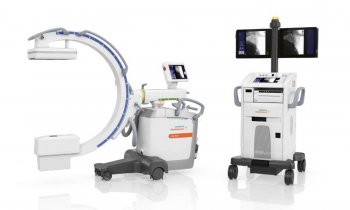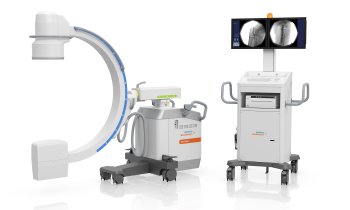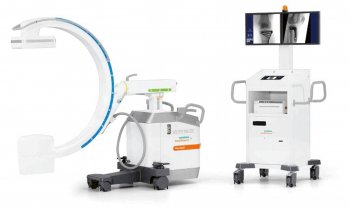Variation in bowel reoperation rates prompts call for better quality
There is a large variation in unplanned reoperation rates after colorectal surgery in English NHS hospitals, finds a study published on bmj.com today. As such, researchers suggest that reoperation rates could be used alongside other quality measures to help improve surgical performance on a national scale.
Variation in surgical performance is becoming increasingly unacceptable to clinicians, healthcare managers, commissioners, and patients. Death after surgery is currently one of the most widely recognised indicators of
quality, but in isolation, its use is limited. To better measure performance and improve standards, a range of indicators is needed.
So researchers at Imperial College London used Hospital Episode Statistics (a dataset covering the entire English NHS) to describe national reoperation rates after colorectal surgery and to investigate the feasibility of using reoperation as a quality indicator.
Their findings are based on data for 246,469 patients in 175 English hospital trusts who underwent colorectal surgery for the first time between 1 April 2000 and 31 March 2008.A total of 15,986 (6.5%) patients needed further surgery (reoperation).Emergency patients experienced slightly higher reoperation rates than
elective patients. Male patients, and those with inflammatory bowel disease or other existing conditions, were also more likely to need further unplanned surgery.
The researchers found substantial variation in reoperation rates among hospital trusts and individual surgeons.For instance, there was a fivefold difference in highest and lowest reoperation rates after elective surgery (14.9% v 2.8%) among trusts performing more than 500 procedures, and a threefold difference in
reoperation rates in trusts performing more than 2,500 procedures during the study period (11.5% v 3.7%).
This study supports the feasibility of using reoperation rate as a quality indicator derived from routinely collected data across a range of surgical specialties, say the authors, and they suggest that “reoperation rates,
along with existing quality indicators such as mortality, could offer a powerful means of checking quality of surgical care.”
In an accompanying editorial, Arden Morris, Associate Professor of Surgery at the University of Michigan, welcomes the study, but argues that measuring quality is only the first step in the more important goal of
improving quality.
She says that a call for mandatory reporting of reoperation rates “is unlikely to result in a change in surgical technique” and he urges researchers “to propose mechanisms by which their data can be used for quality improvement – by individual providers, hospitals, and policy makers.”
18.08.2011











